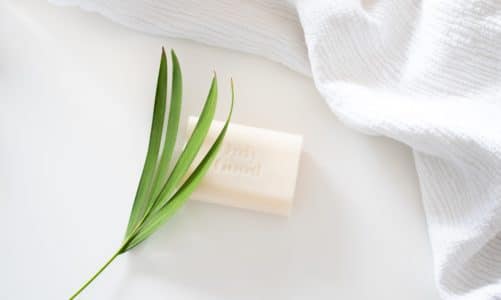Vitamin C and collagen make a perfect pair. Individually both have tremendous benefits for the skin and the body. Combined, vitamin C is responsible for the formation of collagen every step of the way. As far as skin goes, one would naturally then assume that these two nutrients work together effectively. But is this true for serums? Can you mix vitamin C serum and collagen serum? Combining them may save time in the morning, but do they work together when applied topically? In short, the answer is both yes and no. This article shares a few important things to consider when buying your next vitamin C and collagen serums.
Table of Contents
Understanding vitamin C and collagen serums
If you want to use collagen and vitamin C serums together, consider first that they are usually considered potent skincare products and are highly concentrated. Mixing or cocktailing may seem like a shortcut to maximize product benefits and save time in your daily beauty routine but should be done thoughtfully. As far as mixing vitamin C serum with collagen serum go, a fresh perspective to calm down the hype will help you make better choices and get you the results you want.
Vitamin C serum
Vitamin C serums have been around for many years and formulations have improved significantly. This study clearly shows visible and significant improvement in wrinkles in just 12 weeks. The use of topical vitamin C serums is also known to improve collagen levels.
Vitamin C products are quite finicky because the vitamin C molecule needs to be kept stable in the formulation. Not an easy feat apparently. In addition, if exposed to light, air, and heat, vitamin C serum may oxidize and lose its potency. You will see this when the serum changes to a light brownish color. Although some vitamin C serums are sticky and not great for mixing, there are still some high-quality formulations on the market that feel good on the skin and show impressive results.
L-ascorbic acid, the active form of vitamin C, needs a pH below 4 to penetrate effectively. Makes one wonder just how many vitamin C serums are out there on the market today with incorrect pH levels and if they are as effective as they claim to be?
Considering all these things, you may want to think twice before combining a vitamin C serum with collagen serum, or any other serum for that matter. Retinol serum, however, is often touted as being a possible mixing partner for vitamin C, but even so, it is better to separate them. Generally, it is recommended to use Retinol at night and vitamin C in the morning.
Collagen serum
Collagen is a wonder molecule. A protein-rich in amino acids that form the all-important connective tissue that keeps our skin bouncy and young-looking. We see the decline in collagen most notably when our skins start to show their first lines and wrinkles. It may start as early as 18 years and gradually decrease from there. Fortunately, supplementing with oral collagen, improves skin elasticity, hydration levels, as well as skin density.
Unlike the many studies proving topical vitamin C’s dermal effectiveness, there seems to be no proof that collagen serums have any promising effect on the skin at all. This is not too surprising, since collagen is a rather large molecule, which makes skin penetration a bit challenging. Even the effectiveness of the peptide collagen form remains questionable. For this reason, many collagen serums (or rather collagen posers) do not contain collagen at all, but rather collagen enhancing ingredients that help stimulate collagen, like Retinol. They may feel like they hydrate your skin, but collagen is not the reason for it.
Mixing an already finicky vitamin C serum with a collagen serum just does not make sense, given what we know about the collagen molecule’s size alone. Check the ingredient list of a collagen serum to see if it contains collagen at all. You may want to know what these products contain before you decide to mix them with vitamin C. As far as serums go, finding a good quality vitamin C serum or a high-quality collagen powder may prove a challenge. Here are our TOP picks for the best vitamin C serums on the market currently.
We choose
SKIN & LAB Vitamin C Serum
Hyaluronic Acid & Panthenol, Skin Brightening | All Skin Types
Cruelty-Free | Fragrance-Free | 1.01 fl oz
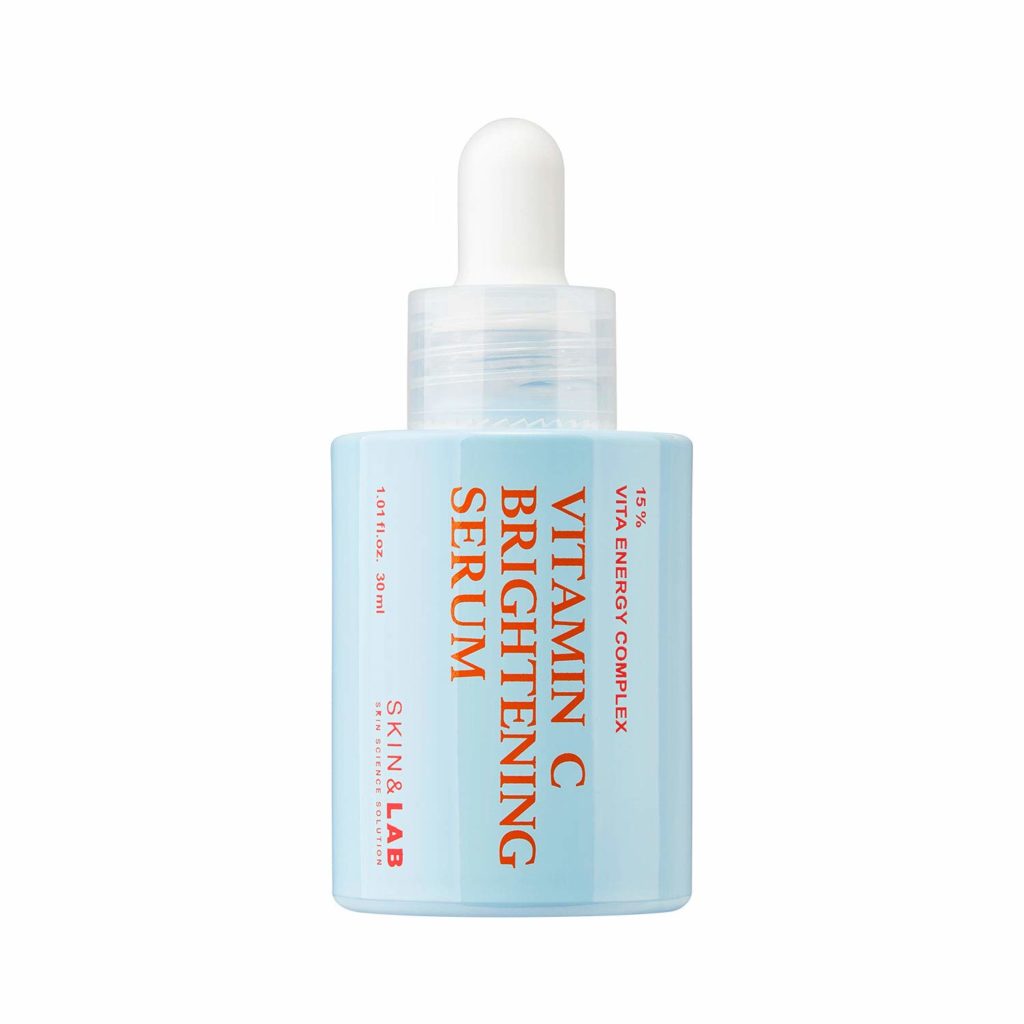
TruSkin Vitamin C Serum
Hyaluronic Acid | Vitamin E | Organic Aloe Vera & Jojoba Oil,
Anti Aging | Hydrating & Brightening | for Dark Spots, Fine Lines & Wrinkles
1 fl oz
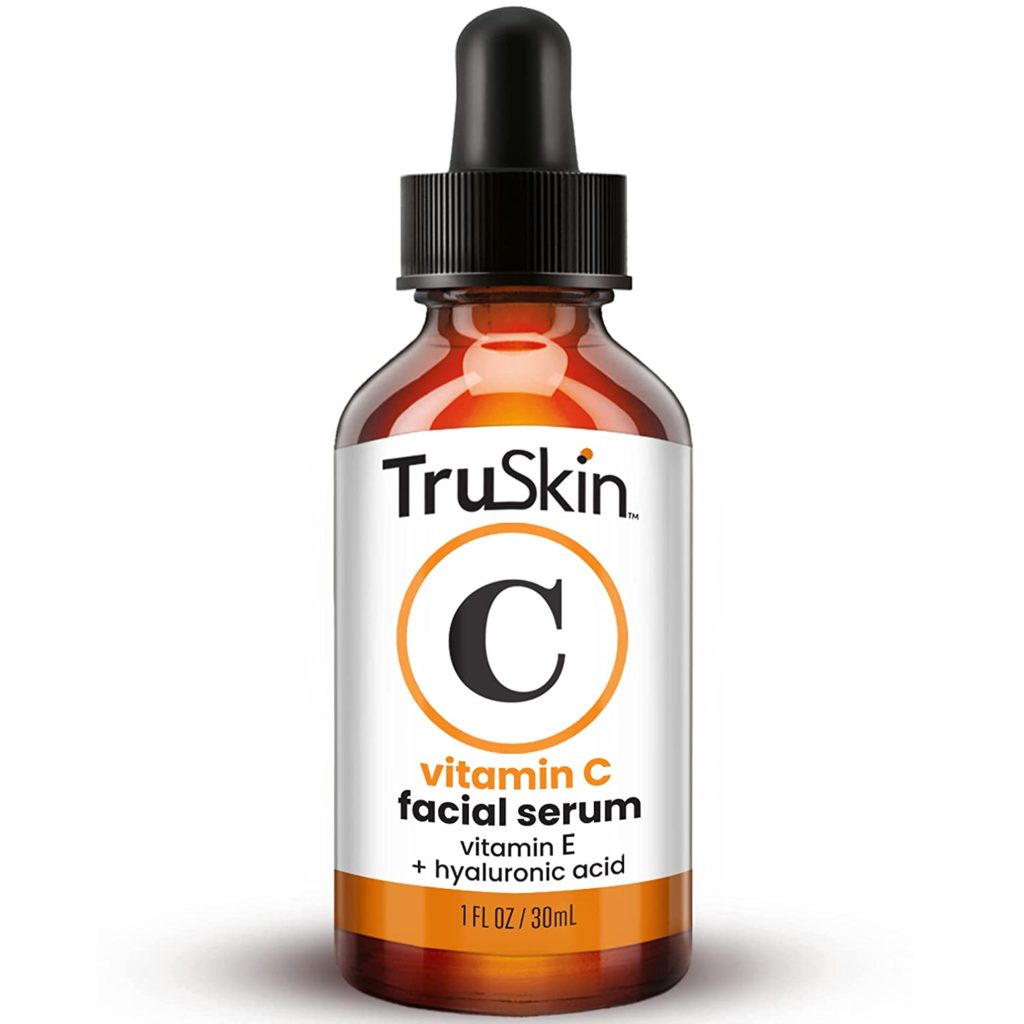
Eva Naturals Vitamin C Serum
2% Retinol | 3.5% Niacinamide | 5% Hyaluronic Acid | 2% Salicylic Acid |10% MSM | 20% Vitamin C
Skin Clearing & Anti-Aging | 1 oz
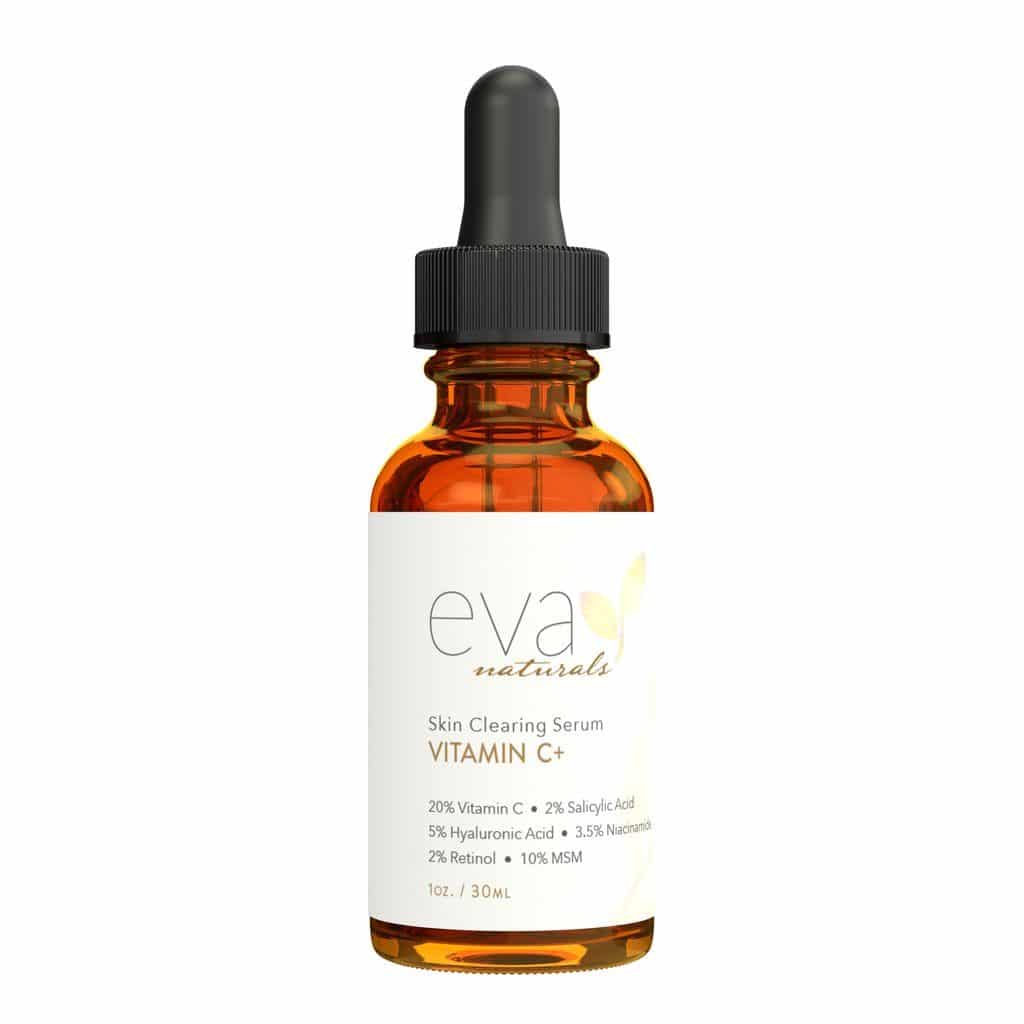
Korean Skin Care K Beauty Vitamin C Serum 20%
Vitamin C | Hyaluronic Acid Serum | CE Ferulic Acid | Anti Aging |Anti Wrinkle | 1 oz
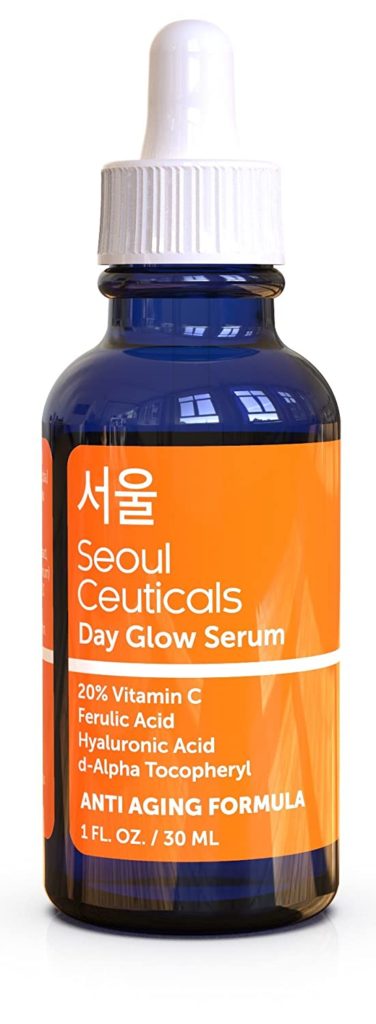
Serumtologie Vitamin C Serum 22%
Fine Line Treatment | Hydrating | Anti-Aging | Softening | Brightening
5% Hyaluronic Acid | 1% Ferulic Acid | 1.15 oz
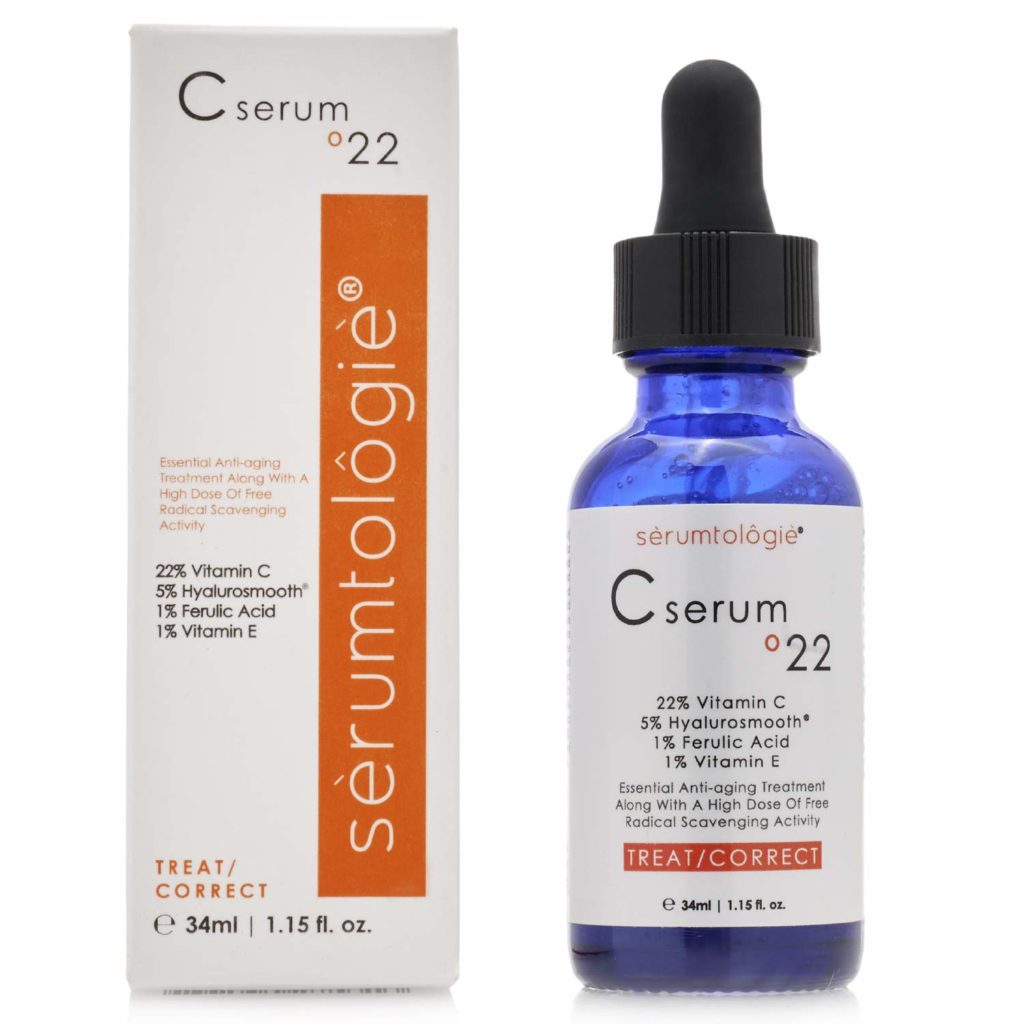
Mad Hippie Vitamin C Serum
Reduces Discoloration and Blemishes
All Natural, Vegan, Cruelty-Free, GMO-Free | 1.02 Fl oz

Obagi Professional C Serum
Concentrated 20% L Ascorbic Acid for Normal to Oily Skin | 1.0 Fl oz
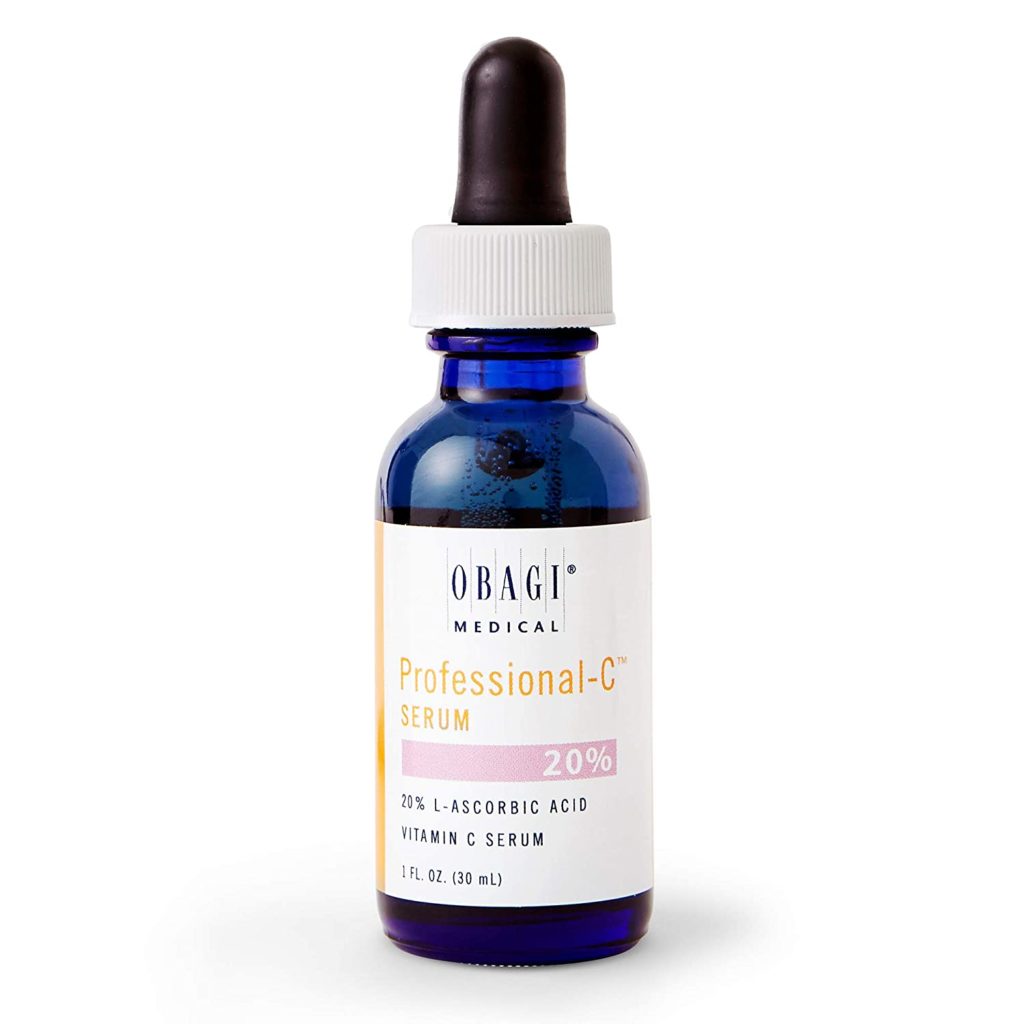
Teami Topical Vitamin C Serum
Hyaluronic Acid, Collagen, Salicylic Acid & Vitamin E Oil
Anti Aging Face Serum for Glass Skin | 1 oz
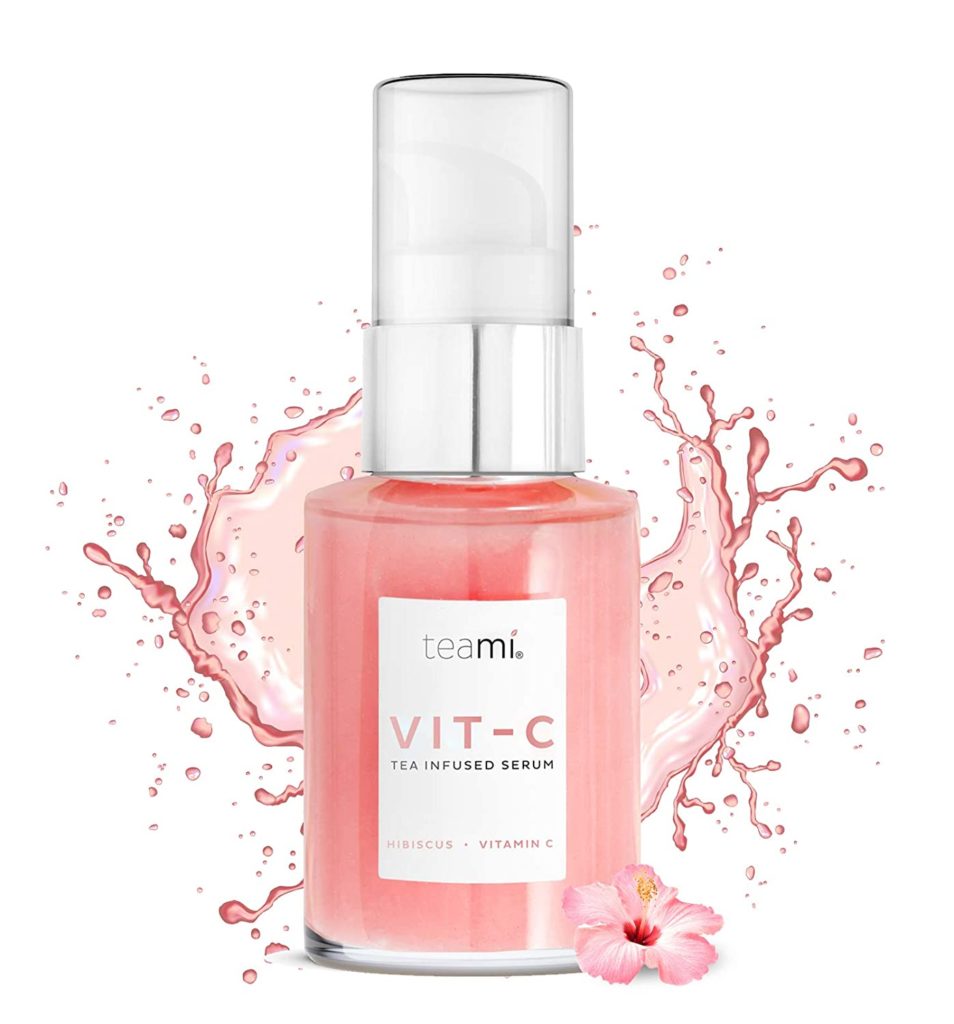
Cica Vitamin C Serum for Face
Korean Face Serum | Anti-Aging | Hydrating | for Dark Spots | 1.1 oz
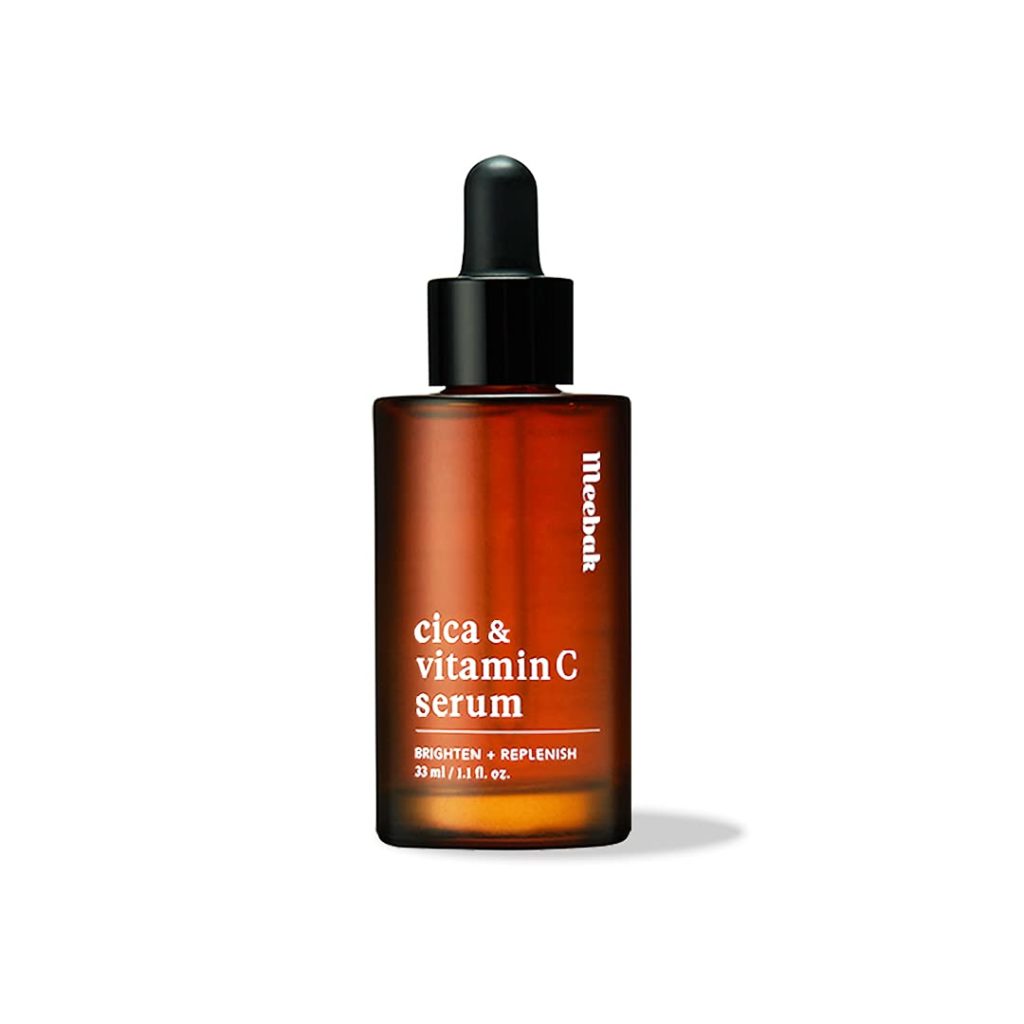
Blue Sage Skin Co. Vitamin C + Rosehip Glow up Daily Facial Serum
For Smooth, Tightened & Bright skin | Hyaluronic Acid, Witch Hazel & Glycolic Acid
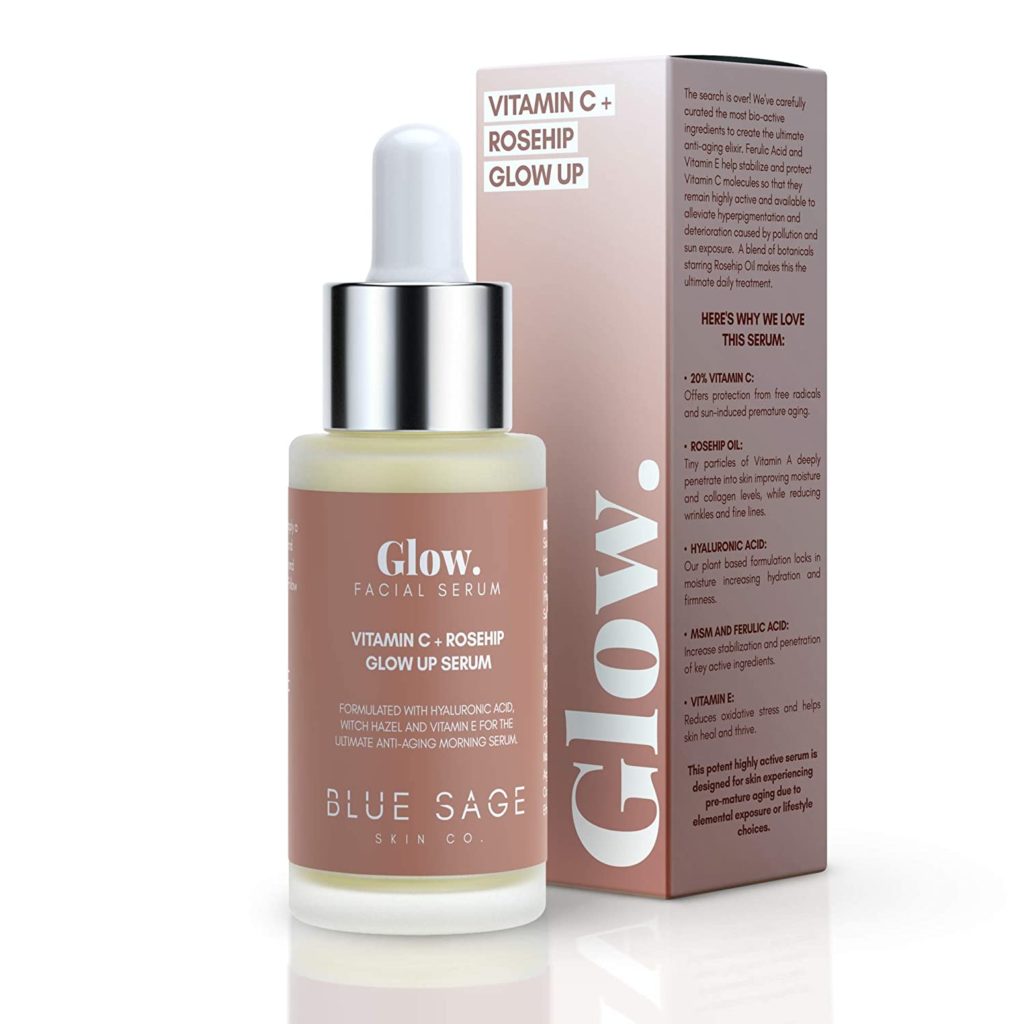
Last thoughts on mix vitamin C serum with collagen serum
Rather than mixing vitamin C serum with collagen serum, use them separately for better effectiveness. If you desire the benefits of collagen, why not opt for a high-quality oral collagen supplement for boosting the skin’s own collagen levels instead. Caution is advised when choosing collagen supplements, however. Many are laced with things you don’t want such as heavy metals. Choose the cleanest and purest collagen nutraceuticals possible.
Others enjoyed reading these articles too:
How to make vitamin C serums less sticky.
The 6 best vitamin C face washes for brighter skin.
Which essential oil contains vitamin C?
How much vitamin C is needed for collagen production?
These 6 secret essential oils help treat hyperpigmentation.
Disclaimer and cautionary note: Sunny Life Mag is a digital magazine for entertainment. The articles published are not to diagnose or treat any skin, health, or medical conditions. The contents of this website are for informational and entertainment purposes only and do not constitute medical advice; the content is not intended to be a substitute for professional medical advice, diagnosis, or treatment. Always seek the advice of your dermatologist, physician, with any questions you may have regarding any skin conditions or other medical conditions.
Affiliate Disclosure: Some of the links that appear on this site are affiliate links. We may receive a small commission when you make a purchase. These commissions help to improve this site and to fund further research. The buyer does not pay any commission but it is an arrangement between the supplier and this site. All the products are carefully curated and
Image credit:
Vlada Karpovich via Pexels



